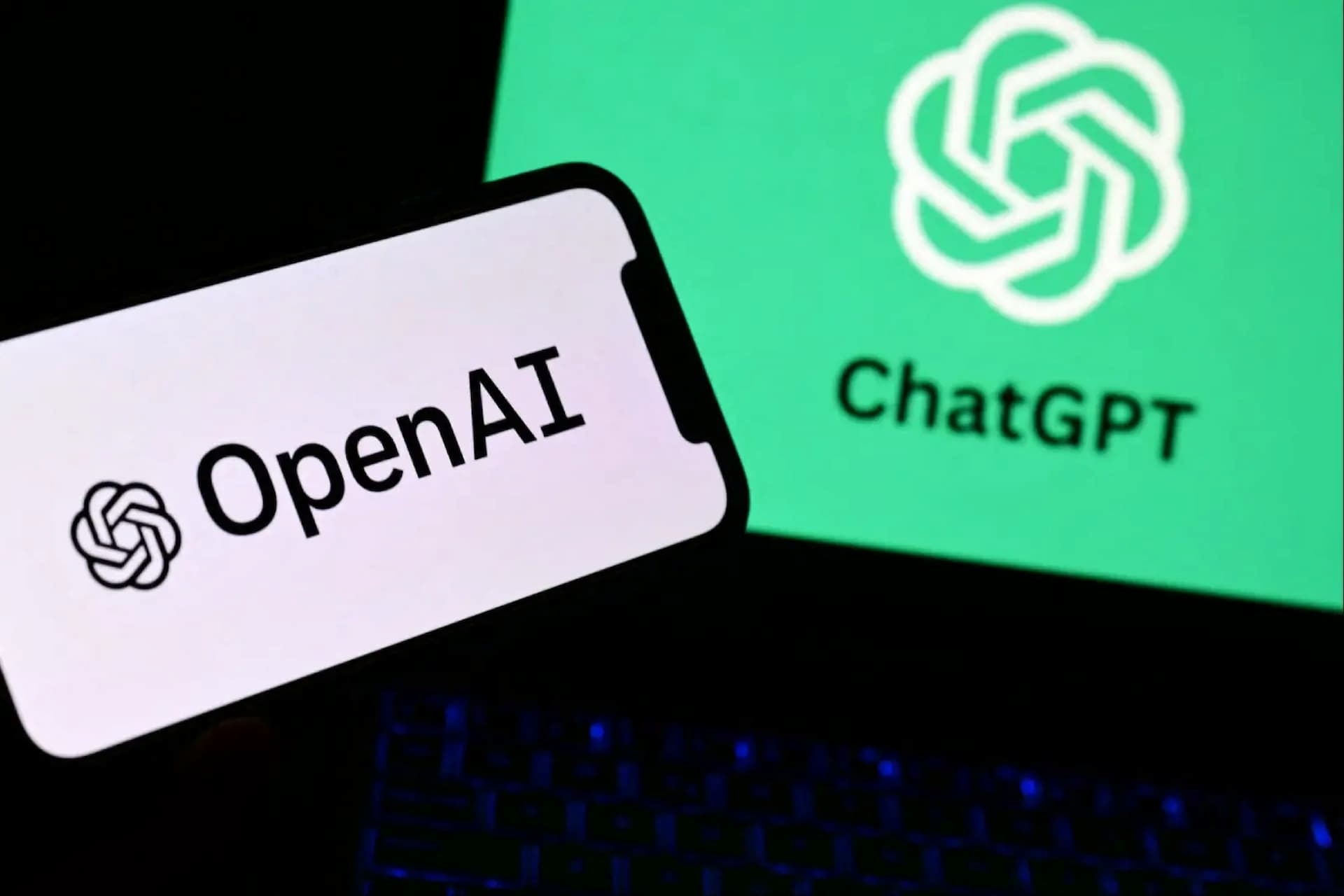Imgur has cut off access for UK users after regulators warned its parent company, MediaLab AI, of a potential fine over child data protection.
Visitors to the platform since 30 September have been met with a notice saying that content is unavailable in their region, with embedded Imgur images on other sites also no longer visible.
The UK’s Information Commissioner’s Office (ICO) began investigating the platform in March, questioning whether it complied with data laws and the Children’s Code.
The regulator said it had issued MediaLab with a notice of intent to fine the company following provisional findings. Officials also emphasised that leaving the UK would not shield Imgur from responsibility for any past breaches.
Some users speculated that the withdrawal was tied to new duties under the Online Safety Act, which requires platforms to check whether visitors are over 18 before allowing access to harmful content.
However, both the ICO and Ofcom stated that Imgur decided on a commercial choice. Other MediaLab services, such as Kik Messenger, continue to operate in the UK with age verification measures in place.
Would you like to learn more about AI, tech and digital diplomacy? If so, ask our Diplo chatbot!










